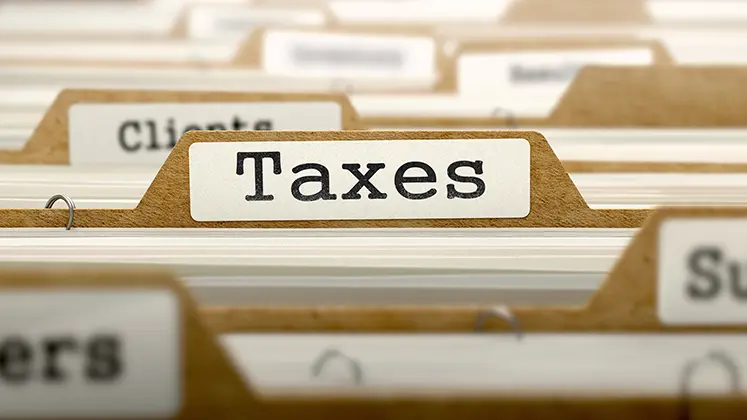Retirement planning is a complicated process, and there are many different tools you can use to ensure that your golden years are as comfortable as possible. One of the most important tools available is the 401(k) – but with both pre-tax and Roth contributions available, it can be tricky to decide which retirement account is right for you. Let’s take a closer look at the advantages of pre-tax and Roth 401(k) contributions and some factors to consider when deciding between them.
Advantages of Pre-Tax 401(k) Contributions
One of the most significant advantages of pre-tax 401(k) contributions is the upfront tax break they provide. Contributions come from your paycheck before taxes are deducted, so you will only have to pay taxes once you withdraw them in retirement. This can result in significant tax savings over time! Additionally, suppose your employer offers matching funds. With new Secure 2.0 rules, employers are now required to ensure that all employees get an equal match – so if you’re eligible for a matching fund from your employer, it pays to take advantage of it.
Advantages of Roth 401(k) Contributions
Roth 401(k) contributions come out after taxes are deducted from your paycheck, meaning no taxes will be due when you withdraw them in retirement. This makes them especially attractive if you expect your income (tax rate) to increase significantly during your working years. They also make sound estate planning tools since there are no required minimum distributions (RMDs). That means any funds left in a Roth account can continue growing tax-free until they are passed down to heirs or beneficiaries – at which point they will also be distributed tax-free! And with the 10-year rule now in effect for non-spouse beneficiaries on inherited IRAs, beneficiaries may have up to ten years after the original owner’s death date before they must start taking RMDs from the account – making it even more attractive for long-term retirement planning.
Conclusion: Smart Tax Planning for Retirement with Pre-tax vs. Roth 401(k) Contributions
Deciding between pre-tax and Roth contributions for retirement can be tricky – but with careful consideration and research into both options, it is possible to find the best solution for your unique situation. The upfront tax breaks offered by pre-tax accounts may be appealing if you’re expecting a significant bump in income later in life; however, those looking for estate planning benefits might want to consider contributing some or all of their funds into a Roth account instead.
Ultimately, it comes down to personal preference and long-term financial goals – so make sure you weigh all your options carefully before making any final decisions about how best to save for retirement! Contact a Certified Financial Planner or Retirement Specialist today to get more tailored guidance and ensure that you make the most of your retirement savings!
This information is deemed to be accurate, but many tax laws and rules can change. Always consult a licensed and authorized professional before making any final decision.
Many people have learned about the power of using the Safe Money approach to reduce volatility. Our Safe Money Guide is in its 20th edition and is available for free.
It is an Instant Download. Here is a link to download our guide:



